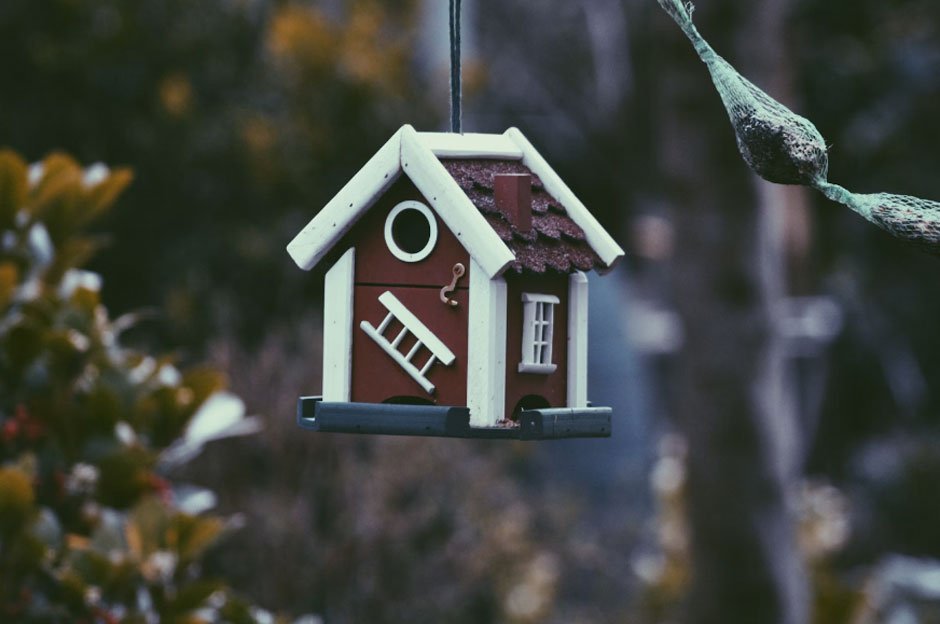Homeownership is a goal for many, symbolizing stability, financial success, and personal achievement. It’s a journey that invites a range of emotions and responsibilities.
In recent years, the housing market has seen significant fluctuations, yet the allure of owning a home remains strong. In 2022, the homeownership rate in the United States reached 65.8%, with the highest rate among those aged 65 and over at 79%. This rate reflects a significant proportion of the population investing in their own homes, showcasing the continued appeal and importance of homeownership.
The data underscores the value many Americans place on owning a home, despite the challenges and complexities of the current housing market. With this backdrop, let’s delve into the major benefits of becoming a homeowner, a decision that goes beyond mere possession of property.
Financial Investment and Equity Building
Homeownership is more than just a place to live; it’s a crucial financial investment. Unlike renting, where payments are a monthly expense with no return, each mortgage payment as a homeowner contributes to building equity in your property.
This equity, which is the value of the portion of your home that you own outright, increases as you pay off your mortgage and as your property’s market value appreciates. Over time, this built-up equity becomes a substantial financial asset, forming a solid foundation for your economic future.

Financial Freedom in Retirement
As homeowners advance into their golden years, many consider leveraging their home’s equity to take out a reverse mortgage loan and enhance their financial situation in retirement.
But is a reverse mortgage loan worth it over the long haul? With a reverse mortgage, seniors who are 62 years of age and older can turn a portion of their home’s equity into cash. This type of loan is designed specifically for them. This option is particularly attractive for those not looking to sell their home or shoulder monthly mortgage payments. It offers a financial strategy for retirees to address various needs, such as living costs, healthcare expenses, or other retirement-related expenditures, with the repayment deferred until the home is sold, the homeowner relocates, or passes away.
The reverse mortgage loan stands out for its lack of monthly payment requirements. The loan’s balance becomes due under specific circumstances, such as the homeowner’s relocation, sale of the home, or death. This characteristic makes reverse mortgages appealing to seniors aiming to stay in their homes while tapping into the accumulated equity. However, understanding the pros and cons of a reverse mortgage is crucial before making a decision.
Stability and Predictability
A level of stability and predictability that renting frequently cannot match is provided by owning a home. Your monthly payments for a fixed-rate mortgage are predetermined for the life of the loan, protecting you from erratic rent increases that may happen in the rental market.
Homeowners can budget more skillfully and with more peace of mind thanks to this consistency in housing costs, which is crucial for long-term financial planning and security.
Creative Freedom and Personalization
Homeownership offers the freedom to tailor and modify your living space to fit your style and needs. This liberty ranges from basic cosmetic changes like painting walls to more extensive renovations.
These personal touches not only improve your living experience but can also increase the value of your home. Such enhancements are a unique benefit of owning your home, as they reflect your taste and contribute to the property’s overall appeal.
Community Ties and Social Benefits
Being a homeowner often means more than just owning a property; it involves being an active part of a community. Homeowners typically engage more in their neighborhoods, fostering a stronger sense of belonging and community spirit.
This involvement can take many different forms, like taking part in neighborhood decisions, planning community events, or even organizing them. Because homeownership is a long-term commitment, it also fosters enduring relationships with neighbors, which improves community safety and upkeep and overall quality of life.
Potential Rental Income
Homeownership can also present an opportunity for generating rental income. Renting out part of your property, like a basement apartment or a separate unit, can provide a steady stream of additional income. This can be especially helpful in offsetting mortgage payments or other household expenses.
In terms of the duration of the lease and the selection of tenants, landlording also offers flexibility. It’s imperative to comprehend the responsibilities and regulations that accompany landlording, including property maintenance, tenant rights, and managing the tax implications of rental income.
Conclusion
The journey to homeownership is filled with challenges and rewards. While it requires careful consideration and planning, the benefits are manifold, ranging from financial gains to personal satisfaction. As we navigate through changing market conditions, the essence of owning a home remains a symbol of achievement and stability. Whether you’re a first-time buyer or looking to expand your property portfolio, the advantages of homeownership are enduring, making it a goal worth pursuing.

